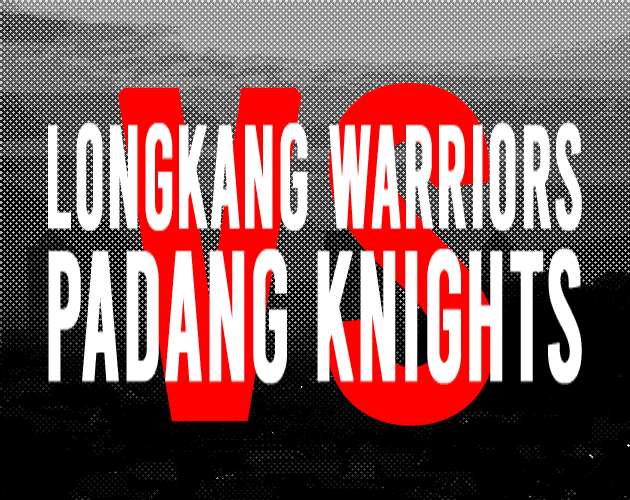I think any attempt to identify the distinguishing traits of what is an RPG and what is not would have to start with looking at the edge cases and getting a general consensus on which ones we think are definitely RPGs, and which ones are not. It's only in the remaining area between them that any traits can be identified that add to a meaningful distinction.
So the first question would be: What looks like an RPG and might be mistaken for an RPG, but really is not at a closer look?
Any examples?
I'll offer a few, though I'll admit that I don't know if the answer is yes or no as to whether or not they are RPGs. I just know that they're at least somewhat different from what we commonly consider RPGs.
I'll post the list I made earlier in the thread, including the adjustments suggested by
@Tun Kai Poh :
- One or more participants adopt fictional roles
- There are one or more fictional spaces, which may be shared between participants
- There are rules and processes that determine what happens in the fictional space and who gets to decide and when
- There is usually some randomizing factor used to help determine the results of actions when the outcomes are in doubt
Microscope by Ben Robbins- It's advertised as "A fractal Role-Playing Game of epic Histories". This is a kind of storytelling game where participants build a fictional world together and then take part in the setting. It certainly has rules that determine who gets to say what and when, and it involves participants assuming roles in the fiction. There's obviously a shared fictional space....that's largely the point of the game. It's been a while since I played, but I don't think there are any randomizing elements like dice or cards; I think there's always a clear answer to who decides something (I could be wrong though, so anyone who's more familiar or played more recently can correct me). But this game is often not considered an RPG in the general sense. Why not? I'm not sure, but I think it's because there is no competetive angle at all. I know we think of RPGs as cooperative, but there are elements of competition, even if it's not against other participants. Is it because participants potentially adopt multiple roles over the course of the game? Or because their decisions as players are almost always based on what would make the best story rather than in advocating for their adopted character?
Gloomhaven- this dungeon delving boardgame was very clearly inspired by early RPGs, most notably D&D. In the game, each participant takes on the role of an adventurer, and they go exploring a dungeons and ruins. The game is meant to be played over many sessions, and the characters will advance in ability as things move along, and they'll discover new locations and new threats. The description of this game could be used to describe a game of D&D. So what makes it not an RPG? It seems to tick all the boxes of the list above, so we'd either need to expand that list or expand the definition of RPG. Is it because there's a board? Cards? None of these would seem to disqualify other games from being RPGs.
Thousand Year Old Vampire- This is a solo journaling game that caught a lot of attention last year. I've not yet played it, but I thought it was sufficiently unique to list here for some examination. In the game, you play as the titular vampire, and you use prompts to depict their centuries long life from the time they are turned until their destruction. Again, this game seems to tick all the boxes above. It won some Ennie awards...which we always consider RPG awards, but which now that I'm thinking about it, I'm not quite sure how they're billed. It only involves one player, but that shouldn't be an obstacle; there's a long history of solo adventures or takes on solo play. So what would make this game NOT an RPG?
That's just a few games to maybe get some discussion started. I'm sure we can come up with others, too.




